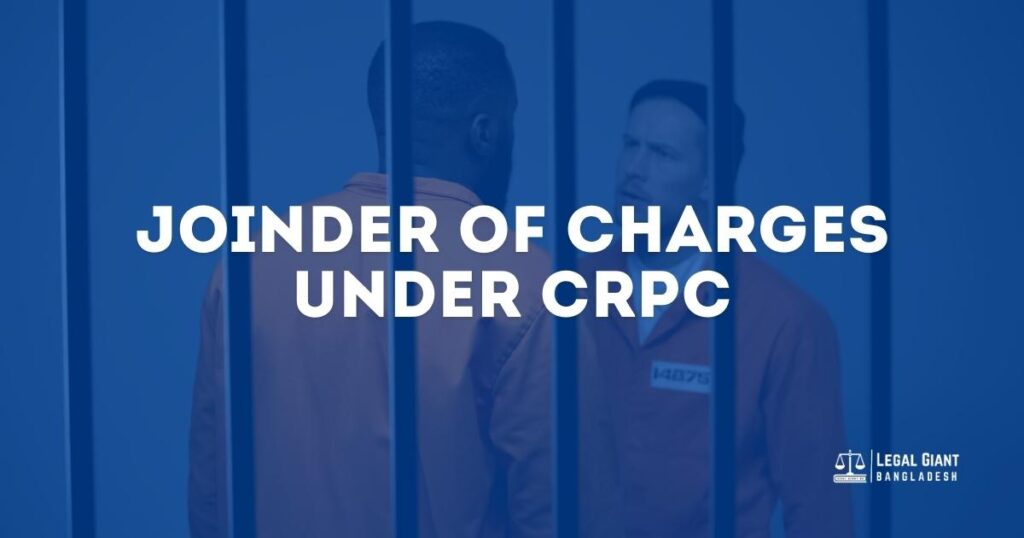Prisoners’ rights in Bangladesh are safeguarded through a combination of constitutional provisions, legislative frameworks, and international commitments. These protections aim to uphold human dignity and ensure fair treatment for all individuals in custody. Here’s an in-depth look at the rights of prisoners in Bangladesh.

Constitutional Protections
Right to Life and Liberty
Under Article 32 of the Constitution of Bangladesh, prisoners retain their fundamental right to life and personal liberty. Detentions must follow due process and cannot be arbitrary. This ensures accountability in the justice system.
Prohibition of Torture
Article 35(5) explicitly bans torture, along with cruel, inhuman, or degrading treatment. This critical safeguard applies to all individuals in custody, protecting them from physical and mental abuse.
Equality Before Law
Article 27 ensures that prisoners, like all citizens, are equal before the law. They are entitled to equal protection without discrimination.
Access to Justice
Article 31 provides for the protection of law and mandates that prisoners must be treated according to legal standards. This includes the right to challenge illegal detention or unfair treatment.
Protections under Penal Code and Criminal Procedure Code
Prevention of Arbitrary Arrest and Detention
Constitutional safeguards, along with Sections 54 and 167 of the Code of Criminal Procedure, ensure judicial oversight by requiring detainees to be presented before a magistrate within 24 hours of arrest. This reduces the risk of arbitrary detention.
Prohibition of Solitary Confinement
Prolonged solitary confinement is discouraged, as it is deemed inhumane and violative of the Constitution and Penal Code.
Jail Code (Prison Manual) Provisions
The Jail Code outlines specific rights for prisoners to maintain basic living standards and dignity.
Basic Amenities
Prisoners are entitled to adequate food, clean drinking water, and sanitary living conditions to ensure basic health and safety.
Health Care
Access to medical facilities and routine health check-ups is a fundamental right for prisoners, as mandated by the Jail Code.
Legal Aid
The Jail Code guarantees prisoners the right to consult legal practitioners for their defense. This is essential to uphold fair trial rights.
Rehabilitation
To aid reintegration into society, the Jail Code promotes skill development, education, and other rehabilitation programs.
Rights of Special Categories
Women Prisoners
Special provisions are in place for pregnant women and those with children. These include prenatal and postnatal care, as well as arrangements for child welfare.
Juvenile Offenders
Juveniles are housed in separate facilities, with a focus on rehabilitation rather than punishment. These measures aim to ensure their eventual reintegration into society.
Right to Appeal and Parole
Convicted prisoners in Bangladesh have the right to:
- Appeal their sentence: Seek judicial review to ensure fair trials.
- Request parole or clemency: Conditional release or mercy can be granted under specific circumstances.
International Standards
Bangladesh, as a party to the International Covenant on Civil and Political Rights (ICCPR), integrates international human rights standards into its domestic policies. These commitments emphasize humane treatment and non-discrimination in prisons.
Remedies for Violations of Prisoners’ Rights
If a prisoner’s rights are violated, the following remedies are available:
- File a Writ Petition: Under Article 102 of the Constitution, prisoners or their representatives can approach the courts.
- Human Rights Commission: Lodge complaints for intervention and investigation.
- Legal Aid Organizations: Seek assistance from NGOs or government-supported bodies that advocate for prisoners’ rights.
Prisoners’ rights are integral to upholding the rule of law and ensuring justice in Bangladesh. Despite challenges in enforcement, these legal protections offer a framework for dignity and fair treatment within the correctional system.


